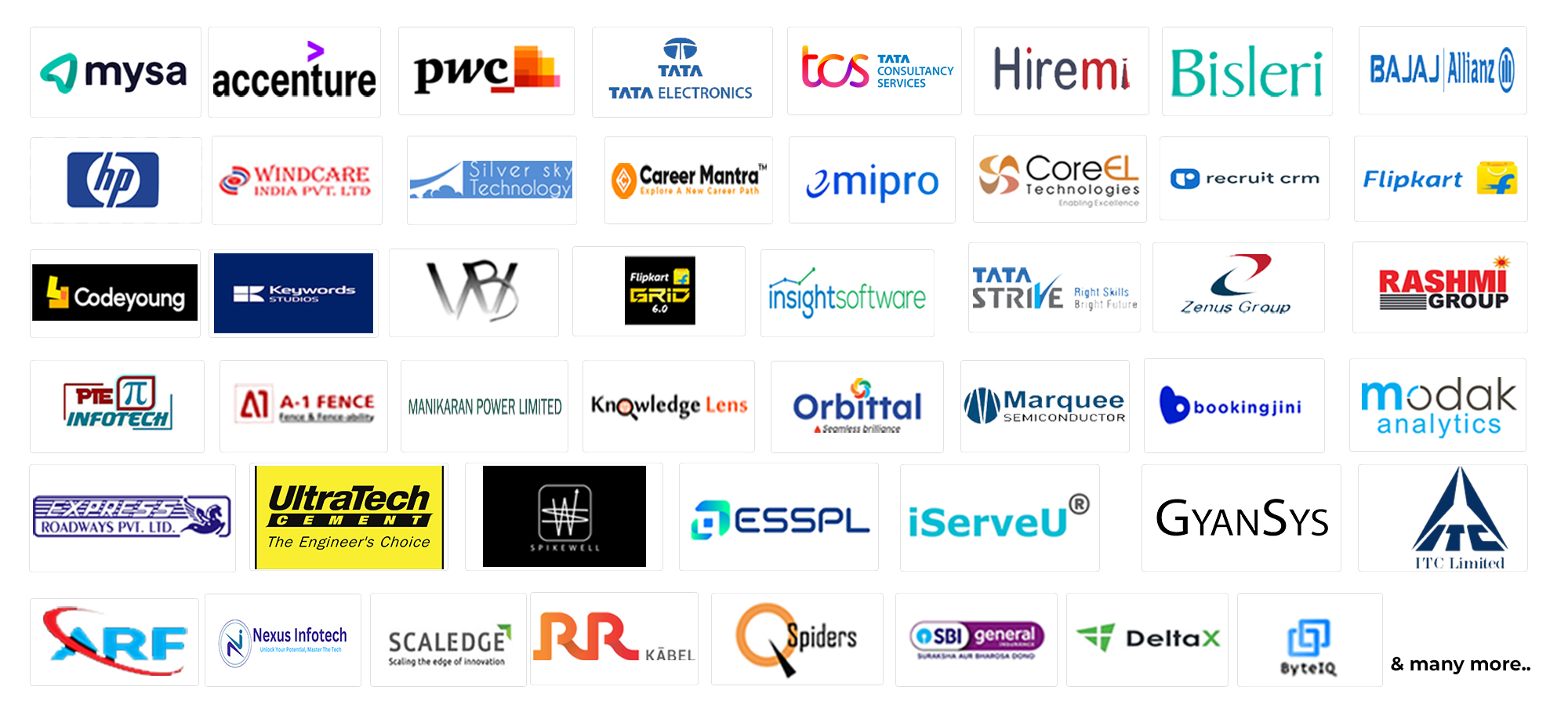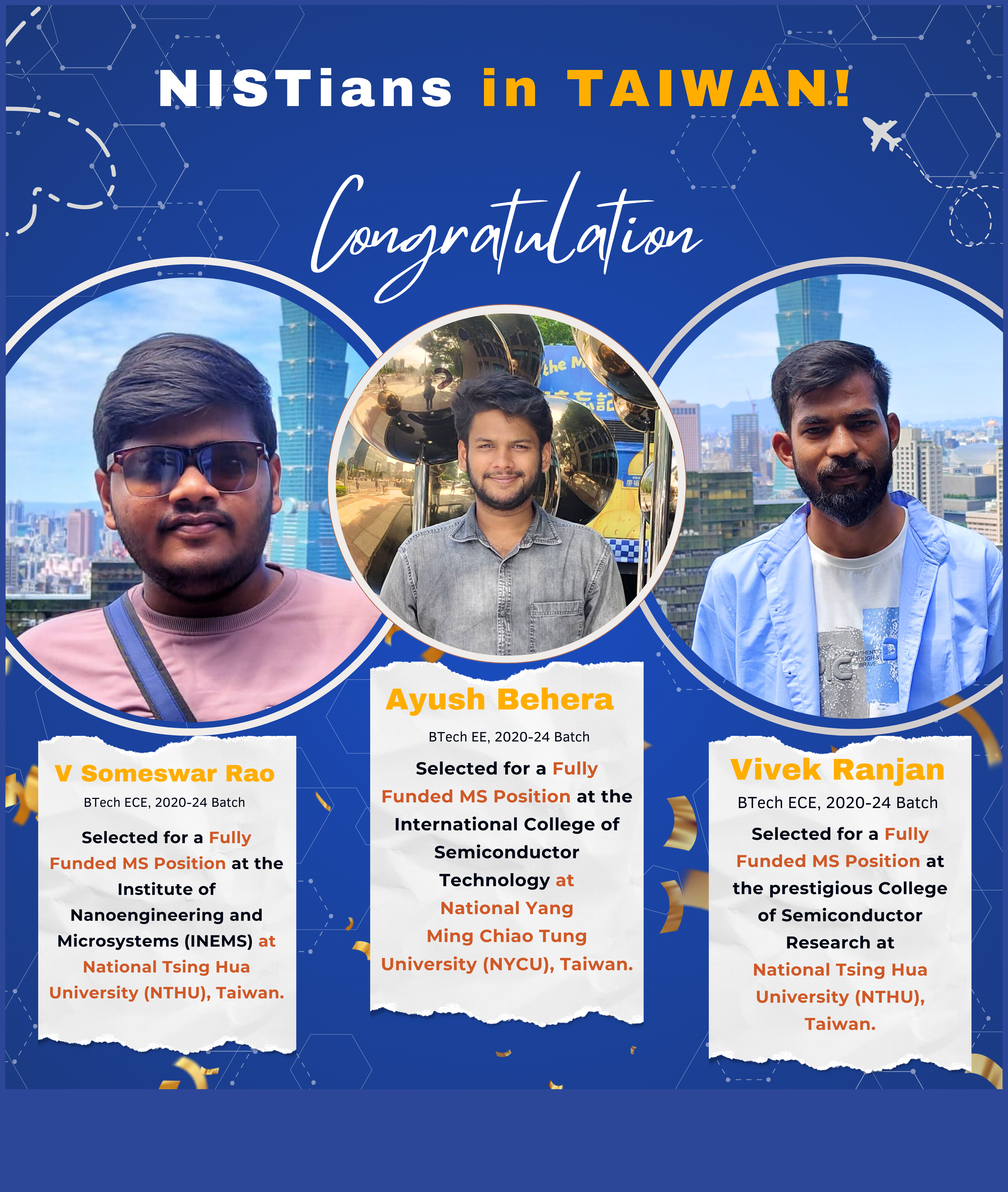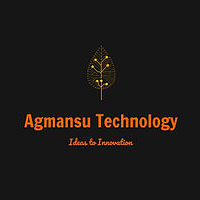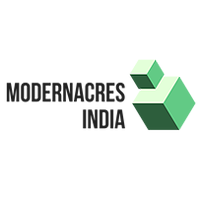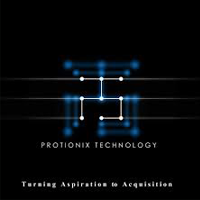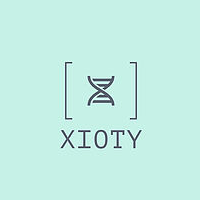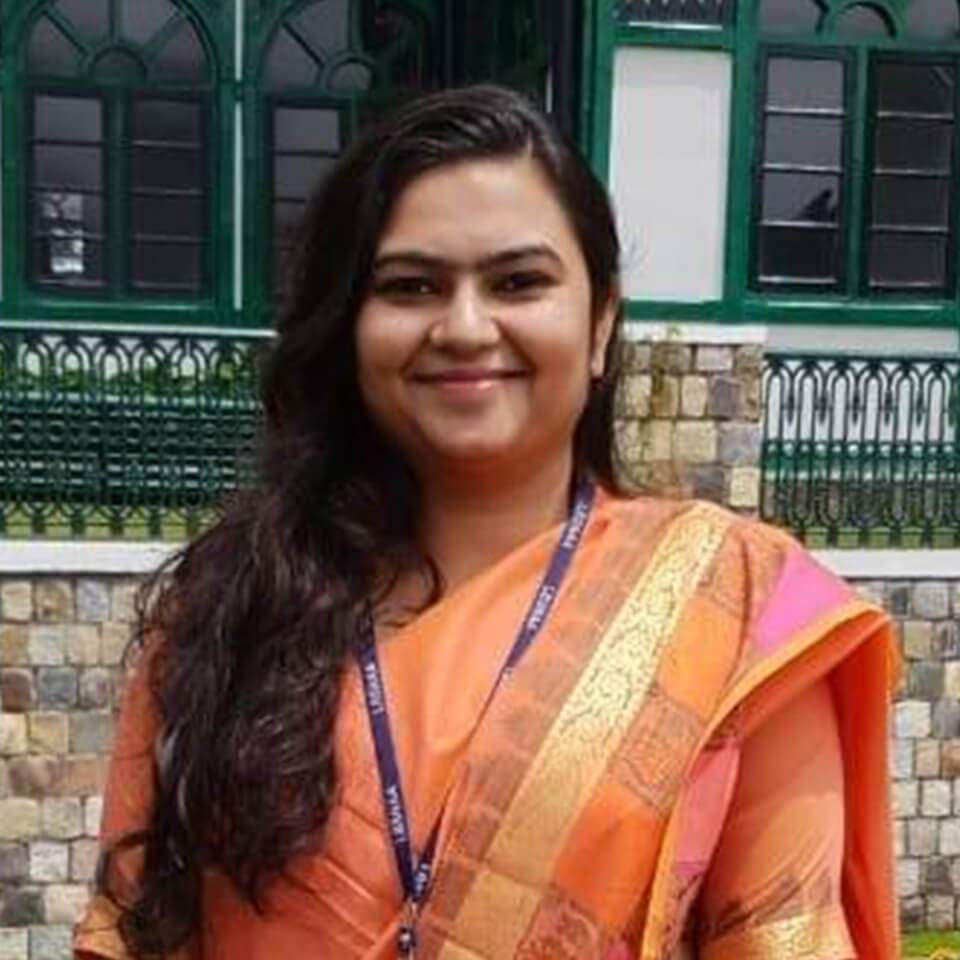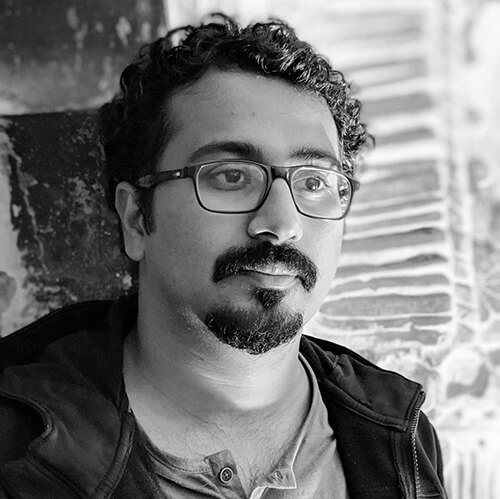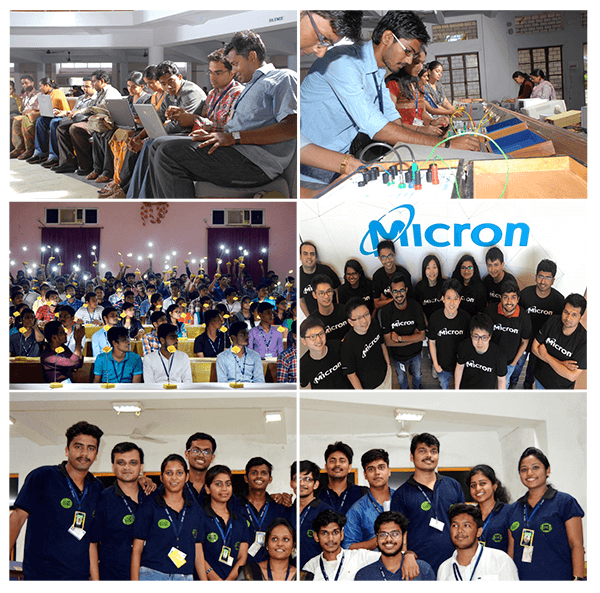OVERVIEW
NIST has always been a preferred talent-hunting ground for the corporate world, delivering
industry-ready students. NIST has produced thousands of professionals across various disciplines,
including engineering, science, and management. Over 16,000 NIST alumni contribute to technology,
leadership, management, and public and social services worldwide.
Placement has been a key advantage at NIST since its inception, maintaining an impeccable record in
campus recruitment. A well-organized placement team, under the leadership of Hon’ble Chairman Dr.
Sukant K. Mohapatra, streamlines the recruitment process and helps students secure their desired
jobs.
As of March 5, 2025, the placement statistics for the current batch show strong performance:
Job Offers: 270+ (2025) compared to 407 (2023) and 451 (2024).
Recruiters: 70+ (2025) compared to 127 (2023) and 102 (2024).
Highest Package: INR 23 LPA (2025), slightly below INR 23.85 LPA recorded in 2023 and 2024.
The placement drive continues to attract leading recruiters across multiple industries. With
companies like Western Digital, McAfee Software, Texas Instruments, Wipro, TCS, ICICI Bank,
IndiaMart, PWC, Berger Paints, Tata Power, Adani Group, and Hindustan Construction Company, NIST
ensures exceptional career opportunities for its students.
In recent years, NIST has achieved its best placement records despite global challenges, including
the COVID-19 pandemic. While significant progress has been made, we remain committed to continuous
improvement and achieving greater milestones in placement success.
.jpg)
